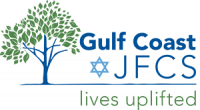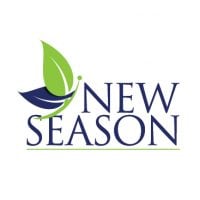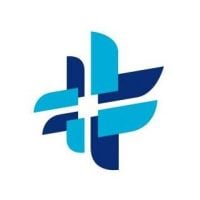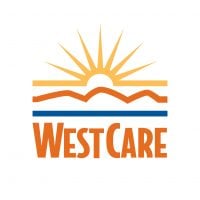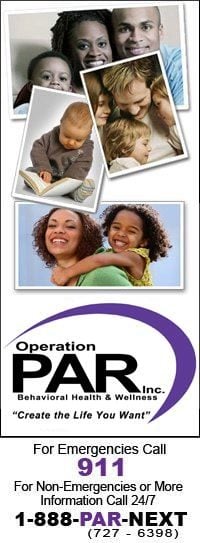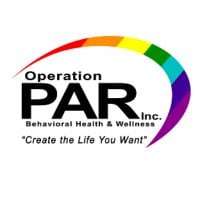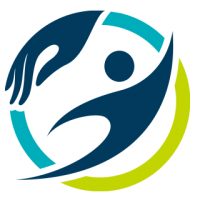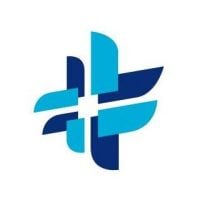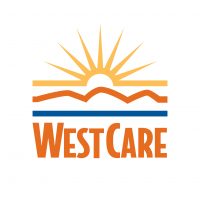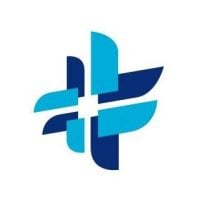Gulf Coast Jewish Family and Community Residential
Drug Rehab Center in Holiday, Florida
Gulf Coast Jewish Family and Community Residential provides evidence-based treatment, therapy, and other services to individuals struggling with mental illness or dual diagnosis issues in order to promote long-term mental health.
Multiple patients have reported Gulf Coast Jewish Family and Community Residential as permanently closed.
Research other rehabs in Holiday, Florida, or get help finding an open facility.
About Gulf Coast Jewish Family and Community Residential in Florida
Gulf Coast Jewish Family and Community Residential is a Holiday, Florida-based dual-diagnosis and mental health treatment center. The center provides comprehensive care to individuals struggling with mental illness and dual diagnosis issues. Their evidence-based treatment and therapies include couples, family, and group therapy, as well as individual therapy, trauma therapy, and cognitive behavioral treatment (CBT). The goal of the programs is to help individuals stabilize and achieve long-term mental health.
Gulf Coast Jewish Family and Community Residential offers several levels of care to meet the needs of each patient. They offer both inpatient and residential treatment, as well as sober-living and half-way options. All of their services are available with private health insurance, so those in need of treatment are able to access quality care. Their compassionate and experienced staff are committed to providing the highest quality of care and working with individuals to promote their mental health.
Genders
Ages
Modality
Additional
Conditions and Issues Treated
Dual-Diagnosis Treatment at Gulf Coast Jewish Family and Community Residential
A “dual diagnosis” is when the individual has two medical issues at the same time. The top co-occurring mental disorders with addiction are depression, anxiety, ADHD, bi-polar disorder. Addiction is also considered a mental illness that is not a choice but rather a medical condition. Addiction can be caused by any number of underlying issues.
Dual diagnosis is provided by Gulf Coast Jewish Family and Community Residential to treat addictive tendencies as well as any untreated mental illnesses. This ensures successful long term health and recovery for patients after treatment has been completed.
Dual diagnosis is provided by Gulf Coast Jewish Family and Community Residential to treat addictive tendencies as well as any untreated mental illnesses for people in Florida. This ensures successful long term health and recovery for patients after treatment has been completed.Levels of Care Offered
This center offers a variety of custom treatment tailored to individual recovery. Currently available are Dual-Diagnosis, Inpatient, Residential, with additional therapies available as listed below.
Inpatient Treatment Program
Going to an inpatient rehab facility means living there while all aspects of addiction or co-occurring disorder get addressed. The treatment involves medical supervision, therapy, and future planning.
This type of rehabilitation provides a drug-free environment for people who struggle with chronic/long-term addiction without having access to drugs outside the center (or their own home). It takes away any distractions because they live there 24 hours per day. If someone is trying to break out old habits, which could lead them back into substance abuse, things like jobs or school can be put on hold until after they complete their stay to focus solely on recovery.
Residential treatment programs are those that offer housing and meals in addition to substance abuse treatment. Rehab facilities that offer residential treatment allow patients to focus solely on recovery, in an environment totally separate from their lives. Some rehab centers specialize in short-term residential treatment (a few days to a week or two), while others solely provide treatment on a long-term basis (several weeks to months). Some offer both, and tailor treatment to the patient’s individual requirements.
Therapies & Programs
Individual Therapy
Individual therapy is a form of counseling where you meet with a trained professional one-on-one. Meeting with a therapist in this setting allows for a personal and trusting relationship to be built. This allows the patient to open up about sensitive or private issues they may not feel comfortable discussing in a group. Individual therapy helps identify the root causes of your addiction, which can help prevent relapse.
Couples Therapy
Couples therapy for drug addiction is a unique form of therapy that allows family members to work through the emotional issues of their loved one’s addiction together. Family members can support each other while learning how to cope with the addiction and encourage healthy changes. The two will work with a therapist to learn how the addiction affects themselves and the relationship.
Family Counseling
Family therapy is often done alongside drug treatment to help addicts stay sober. The goal of family therapy for drug addiction is to create an environment where communication can happen without judgment, hostility, or blame. The therapist will sit with the family so they can learn how to communicate differently and provide new tools for dealing with emotions so that people don’t want to drink or do drugs. It’s important for families to focus on relapse prevention plans during treatment so that if the addict feels like they want to use again, they’ll know what steps they need to take together to prevent it from happening again in the future.
Group therapy sessions are another common addiction recovery service. These group sessions typically involve six to 12 addicts who meet regularly with a trained professional for support and guidance.
During these sessions, the group shares their experiences with one another and provides feedback that can help each member avoid relapse or overcome specific obstacles they are facing in their recovery process. With this type of support and guidance, addicts can feel like they are part of a community that understands their struggles and will help them get through the hard times.
Many people struggling with drug addiction have experienced some form of trauma in their lives. It is crucial that these individuals seek out professional help; otherwise, their drug abuse and addiction will likely continue.
Therapists and counselors at drug treatment centers employ several treatment programs to help people struggling with drug addiction, including trauma therapy. Trauma therapy helps people dealing with addiction by allowing them to confront the traumas of their past and move past them.
It is important to note that trauma therapy should not be confused with PTSD (post-traumatic stress disorder). Rather, it is used to treat the effects of trauma, which are often at the root of addiction.
This type of therapy can help addicts get in touch with their emotions without feeling overwhelmed by them. It also allows the addict to develop strategies for coping with negative feelings that might trigger cravings or lead to relapse.
During these sessions, addicts will learn how to recognize and manage their cravings while developing an action plan for dealing with stress and other triggers. Combining the coping strategies learned in these sessions with ongoing therapy can help addicts lead a stable and healthy lifestyle that is free from addiction.
These types of therapy sessions provide several benefits to people dealing with addiction. By providing a safe environment for addicts to discuss their feelings, therapists can identify the issues that trigger cravings and work with addicts to develop strategies for avoiding relapse.
Payment Options Accepted
For specific insurance or payment methods please contact us.
Is your insurance accepted?
Ask an expert, call (888) 674-0062
Additional Details
Specifics, location, and helpful extra information.
Holiday, Florida 34691 Phone Number(727) 943-4840 Meta DetailsUpdated November 25, 2023
Staff Verified
Gulf Coast Jewish Family and Community Residential Patient Reviews
There are no reviews yet. Be the first one to write one.
Holiday, Florida Addiction Information
Florida is one of the nation's epicenters for substance abuse and drug-related overdoses. In 2014, around 410,000 Florida residents were addicted to drugs and alcohol. Over the last 10 years, 12% of all deaths in the state were attributed to substance abuse. Treatment admissions for alcohol reached 24,329 patients in 2016, and 2.5% of Florida high school students admitted to using crack cocaine.
Treatment in Nearby Cities
- Largo, FL (19.8 mi.)
- Winter Haven, FL (63.9 mi.)
- North Fort Myers, FL (118.7 mi.)
- Palatka, FL (121.4 mi.)
- Immokalee, FL (148.0 mi.)
Centers near Gulf Coast Jewish Family and Community Residential
The facility name, logo and brand are the property and registered trademarks of Gulf Coast Jewish Family and Community Residential, and are being used for identification and informational purposes only. Use of these names, logos and brands shall not imply endorsement. RehabNow.org is not affiliated with or sponsored by Gulf Coast Jewish Family and Community Residential.

